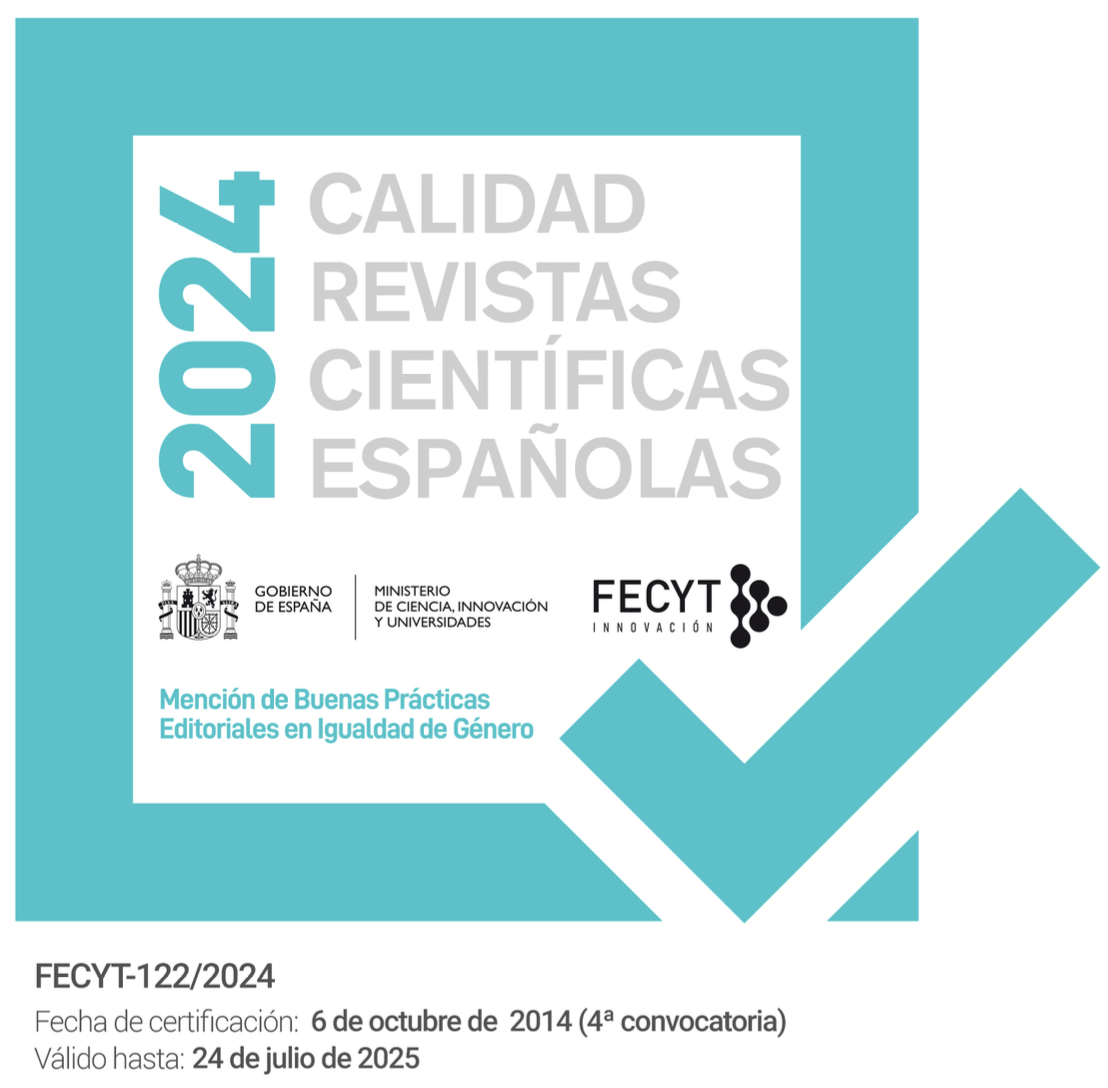Crossing The Secret River: From Victim to Perpetrator, or the Silent / Dark Side of the Australian Settlement.
Keywords:
Australian settlement, Australian national myths, Aboriginal genocide, victim vs. perpetrator, apology, reconciliationAbstract
Kate Grenville’s The Secret River (2005) is a moving account of the disturbing colonial development of Australia. In historical terms, it dramatizes the transformation of the white settler’s dream into the worst of all possible nightmares, and brings to the fore the darker side of Australia’s past. This article will show how the novel defamiliarizes some of the most important myths of the Australian nation. It will also rely on the ideas put forward by some outstanding ethics and trauma theorists and postcolonial critics in order to analyse The Secret River as a further example of a recurrent phenomenon in contemporary Australian literature, namely, the attempt to spell out the trauma and anxieties of (un)belonging that haunt settler culture as a result of the belated and painful revelation of Aboriginal dispossession and genocide. This article will therefore show that Grenville’s novel testifies to the desperate attempt on the part of some non-Indigenous Australians to offer an apology to the Aborigines so that the much longed-for national Reconciliation may some day be possible.Downloads
Download data is not yet available.
Downloads
Published
2013-01-06
How to Cite
Herrero, D. (2013). Crossing The Secret River: From Victim to Perpetrator, or the Silent / Dark Side of the Australian Settlement. Atlantis. Journal of the Spanish Association for Anglo-American Studies, 36(1), 87–105. Retrieved from https://www.atlantisjournal.org/index.php/atlantis/article/view/82
Issue
Section
Articles




